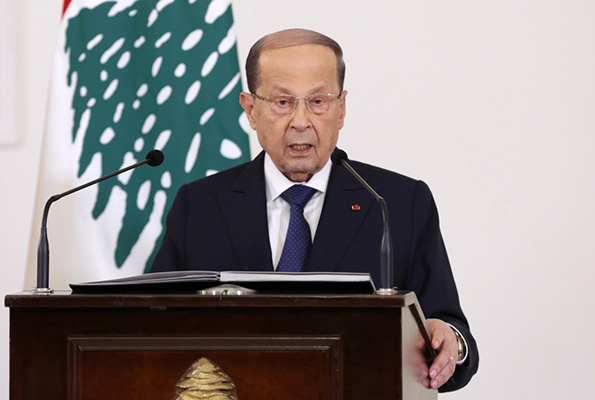The International Monetary Fund noted significant flaws in a preliminary draft of the financial secrecy bill, which the Lebanese parliament approved.
Before Lebanon can access USD 3 billion to ease its severe economic crisis—one of the worst in modern history—the International Monetary Fund has outlined a list of reforms that must be carried out, including changing its banking secrecy law.
Late in July, the International Monetary Fund proposed several revisions, and Lebanese President Michel Aoun sent the updated financial secrecy law back to Parliament for those changes.
Parliamentarians passed the most recent draft a few days back, but it received harsh criticism from independent MPs and outside observers because the International Monetary Fund’s suggested amendments were still not included.
The most recent proposal, nevertheless, leaves banking secrecy in place overall. Also, the revised draft lets different parts of the government ask for general information about a group of transactions. In contrast, the first draft only allows certain government agencies to get it when investigating crimes.
Attorney Karim Daher, in charge of the Commission for Depositors at the Beirut Bar Association, says the new plan won’t be open enough.
“Ensuring transactions between the political class and bank owners can’t be tracked is the entire idea. So they are running away from responsibility at any costs,” Karim Daher said.
First-time MP Mark Daou claimed to have been present for the finance committee’s discussion of the revised text before the general assembly.
“Many lawmakers commented on this proposal and why it shouldn’t be passed in this manner. Then, suddenly, we discover that it will be put up for a vote in the general assembly,” Mark Daou said.
Michel Aoun, whose tenure ends on October 31, still needs to sign the legislation. A request for comment from the International Monetary Fund did not receive a prompt response.
It has grieved Lebanon’s “slow progress” in recent weeks on the list of reforms outlined in the staff-level agreement.
Politicians and the business sector with vested interests have consistently prevented the implementation of essential measures outlined in a financial recovery plan.



